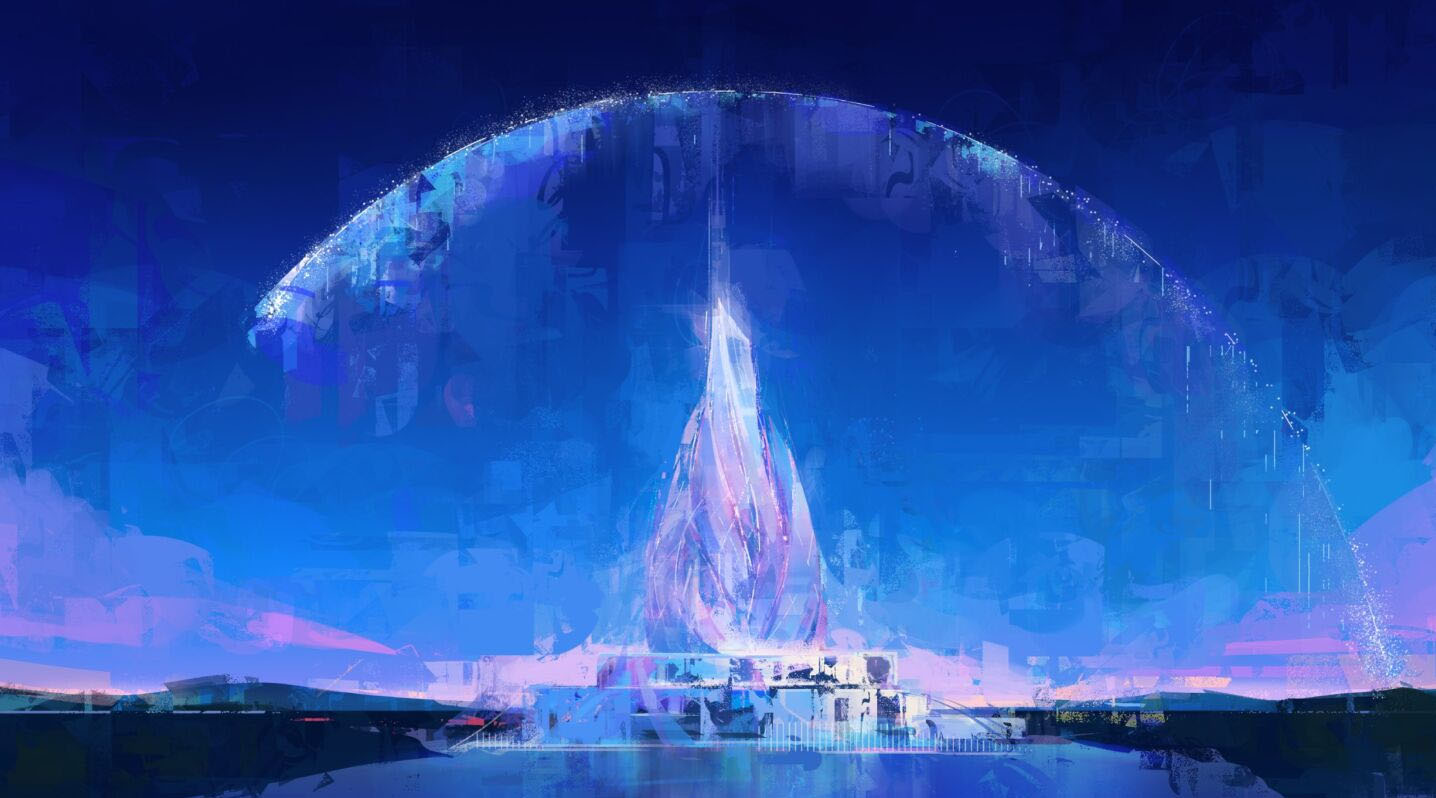Photo Credit: Getty Images
Walt Disney has unveiled plans for its first-ever theme park in the Middle East, marking a significant strategic expansion into a region long courted by global entertainment giants. The new resort, a collaboration with Abu Dhabi-based Miral Group, will rise on Yas Island—already a booming leisure destination—and marks Disney's seventh theme park worldwide.
The announcement comes amid strong performance from Disney's other divisions. The company reported a 7% revenue rise in Q1 2025, reaching $23.6 billion. Disney+ added 1.4 million subscribers, defying expectations of a drop after recent price hikes. CEO Bob Iger said, "Despite questions around macroeconomic uncertainty... I'm encouraged by the strength and resilience of our business."
Yas Island, just 20 minutes from central Abu Dhabi and less than an hour from Dubai, welcomed over 34 million visits in 2023—a 38% year-on-year surge, according to Miral. Home to SeaWorld, Warner Bros World, and Yas Waterworld, the island is no stranger to high-profile attractions. Mohamed Abdalla Al Zaabi, Miral's CEO, described the partnership as "a milestone in our journey to further advance the island's position as a global destination."
Disney's upcoming resort will blend "authentically Disney and distinctly Emirati" elements, said Iger, positioning it as both a cultural bridge and a commercial powerhouse. Josh D'Amaro, Chairman of Disney Experiences, noted, "We've always been interested in this part of the world... Abu Dhabi was an ideal location for us."
The new park will be financed, built, and operated by Miral, while Disney Imagineers will oversee the creative direction and ensure quality. According to regulatory filings, Disney will collect royalties tied to the resort's performance rather than investing capital upfront—signaling a low-risk, high-reward model for its entry into the region.
The UAE's positioning was key. "A third of the world's population lives within a four-hour flight," Disney said in a statement, emphasizing the Emirates' role as a global tourism hub. Over 120 million passengers pass through Abu Dhabi and Dubai airports annually, placing the country at the heart of international travel routes.
The move also coincides with Abu Dhabi's broader economic diversification efforts. Last year, the Emirate committed over \$10 billion to bolster its non-oil sectors, including tourism and creative industries. The Disney development aligns seamlessly with this vision.
In an industry increasingly shaped by streaming, geopolitical shifts, and consumer caution, Disney's Abu Dhabi venture signals confidence, ambition, and adaptability—a bold chapter in its global storytelling legacy.


